Table of Contents
AT THE MERCY OF THEIR CLOTHES
MODERNIST LATITUDES
Modernist Latitudes
Jessica Berman and Paul Saint-Amour, Editors
Modernist Latitudes aims to capture the energy and ferment of modernist studies by continuing to open up the range of forms, locations, temporalities, and theoretical approaches encompassed by the field. The series celebrates the growing latitude (scope for freedom of action or thought) that this broadening affords scholars of modernism, whether they are investigating little-known works or revisiting canonical ones. Modernist Latitudes will pay particular attention to the texts and contexts of those latitudes (Africa, Latin America, Australia, Asia, Southern Europe, and even the rural United States) that have long been misrecognized as ancillary to the canonical modernisms of the global North.
Barry McCrea, In the Company of Strangers: Family and Narrative in Dickens, Conan Doyle, Joyce, and Proust, 2011
Jessica Berman, Modernist Commitments: Ethics, Politics, and Transnational Modernism, 2011
Jennifer Scappettone, Killing the Moonlight: Modernism in Venice, 2014
Nico Israel, Spirals: The Whirled Image in Twentieth-Century Literature and Art, 2015
Carrie Noland, Voices of Negritude in Modernist Print: Aesthetic Subjectivity, Diaspora, and the Lyric Regime, 2015
Susan Stanford Friedman, Planetary Modernisms: Provocations on Modernity Across Time, 2015
Steven S. Lee, The Ethnic Avant-Garde: Minority Cultures and World Revolution, 2015
Thomas S. Davis, The Extinct Scene: Late Modernism and Everyday Life, 2016
Carrie J. Preston, Learning to Kneel: Noh, Modernism, and Journeys in Teaching, 2016
Gayle Rogers, Incomparable Empires: Modernism and the Translation of Spanish and American Literature, 2016
Donal Harris, On Company Time: American Modernism in the Big Magazines, 2016
AT THE MERCY OF THEIR CLOTHES
Modernism, the Middlebrow, and British Garment Culture
Celia Marshik
Columbia University Press New York
New York Columbia University Press
Publishers Since 1893
New York Chichester, West Sussex
cup.columbia.edu
Copyright 2017 Columbia University Press
All rights reserved
EISBN 978-0-231-54296-8
Library of Congress Cataloging-in-Publication Data
Names: Marshik, Celia, author.
Title: At the mercy of their clothes : modernism, the middlebrow, and British garment culture / Celia Marshik.
Description: New York : Columbia University Press, [2016] | Series: Modernist latitudes | Includes bibliographical references and index.
Identifiers: LCCN 2016022756 (print) | LCCN 2016034823 (ebook) | ISBN 9780231175043 (cloth : alk. paper) | ISBN 9780231542968 (e-book)
Subjects: LCSH: English literature20th centuryHistory and criticism. | Clothing and dress in literature. | FashionSocial aspectsGreat BritainHistory20th century. | Clothing and dressSocial aspectsGreat BritainHistory. | Modernism (Literature)Great Britain. | Identity (Psychology) in literature.
Classification: LCC PR478.C58 M37 2016 (print) | LCC PR478.C58 (ebook) | DDC 820.9/3564dc23
LC record available at https://lccn.loc.gov/2016022756
A Columbia University Press E-book.
CUP would be pleased to hear about your reading experience with this e-book at .
COVER DESIGN AND PHOTOGRAPH: Jenny Carrow
In memory of Kenneth Marshik
Contents
The debts one accrues when writing a book are impossible to repay. Nevertheless, it is a pleasure to acknowledge the many colleagues and friends who supported this work. My early research was funded by a grant from the Faculty in the Arts, Humanities and Social Sciences (FAHSS) initiative at Stony Brook University, and work with the Messel Family Dress Collection at the Brighton Museum & Art Gallery was supported by the Deans Excellence Fund. Many archivists helped to make that work fruitful, but Greta Pawlowski (formerly of Aquascutum), Martin Pel (Royal Pavilion & Museums, Brighton & Hove), and Sebastian Wormell (Harrods) deserve special thanks for the welcome and guidance they offered. As I completed the manuscript, I was provided with crucial release time by my then dean, Nancy Squires, and chair, Eugene Hammond. I thank them for investing in my project in a way that was as timely as it was generous.
The initial (and evolving) ideas behind this book were tried out at a series of conference presentations where I benefited from the suggestions of Melissa Bradshaw, Anne Fernald, Christine Froula, Randi Koppen, Karen Leick, Ilya Parkins, Paul Saint-Amour, Lily Sheehan, Carey Snyder, Julie Vandivere, John Young, and many others. Drafts of chapters were vetted by writing partners and groups who provided support, feedback, and friendship that made the work a little less lonely. I thank Bonnie Gordon for helping hone my early research questions, Adrienne Munich for inspiration, Susan Scheckel for convivial writing sessions, Jane Garrity for sharing her insiders knowledge of Virginia Woolf and fashion, and Jessica Burstein for her patience with repeated e-mail exchanges. This book might still be in embryo were it not for Allison Pease and Laura Frost, lunch dates extraordinaire whose humor leavened their criticism. Writing our second books together lifted the load considerably, and I am honored to follow in your footsteps.
An American working on British garment culture could have no better friends than I found in Ann and Hugh Yendole, my hosts during some of my longest trips to London. They provided companionship at the end of days in the archives and introduced me to the delights of Pimms, The Great British Bake Off, and Sundays in the garden. Ann, there was a moment in the (now closed) newspaper library at Colindale when I unpacked the lunch you made for me and almost wept at your kindness. My love to you and to Rosie and Audrey, whose good cheer enlivened recent visits.
Back at Stony Brook, I benefitted from research assistants whose efforts on my behalf helped maximize writing and research time. I thank Kathryn Klein for preparing bibliographies of scholarship I cite here, Kathryn and Ula Klein for spending a summer perusing Punch for cartoons about garments, Emma Brinkmeyer for plumbing New York City libraries for periodicals and encyclopedia entries from the 1920s and 1930s, and Katharine Perko for batting cleanup as I finished this manuscript. Katharine, I deeply appreciated your patience and speed as you verified quotations, proofread, and reformatted. To all of you, I look forward to the time when Ill hold

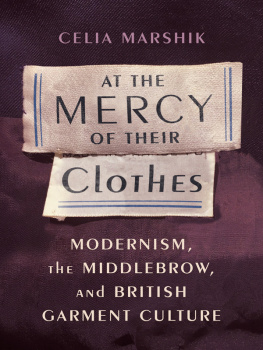


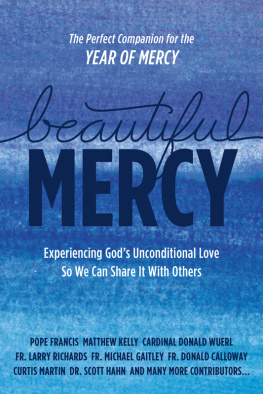
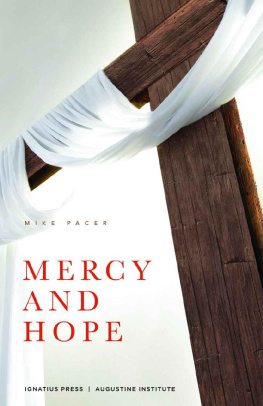
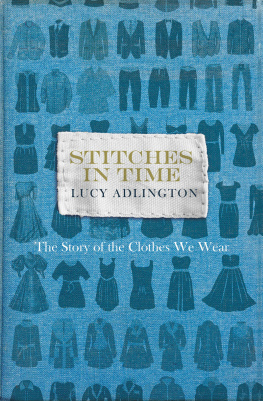

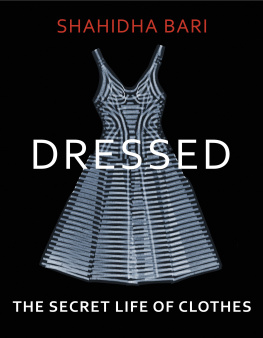


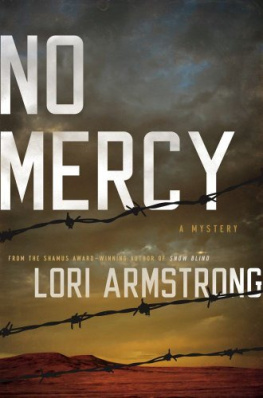

 New York
New York